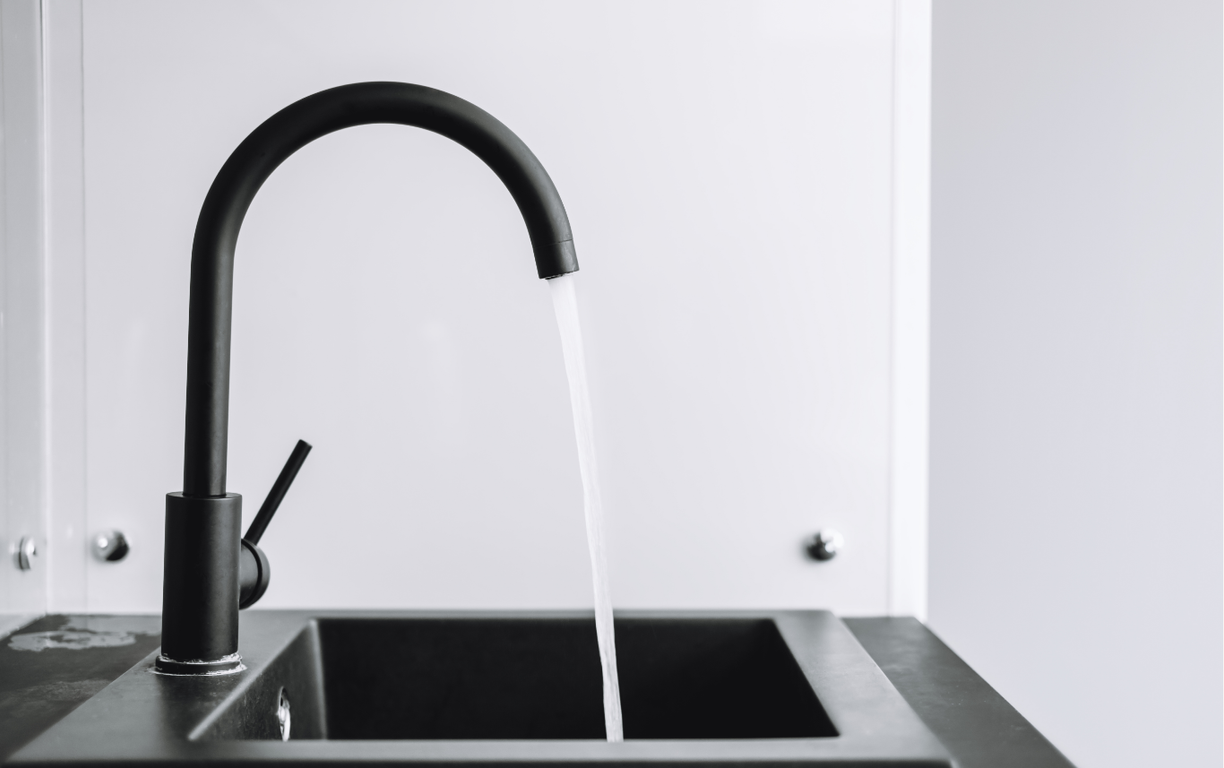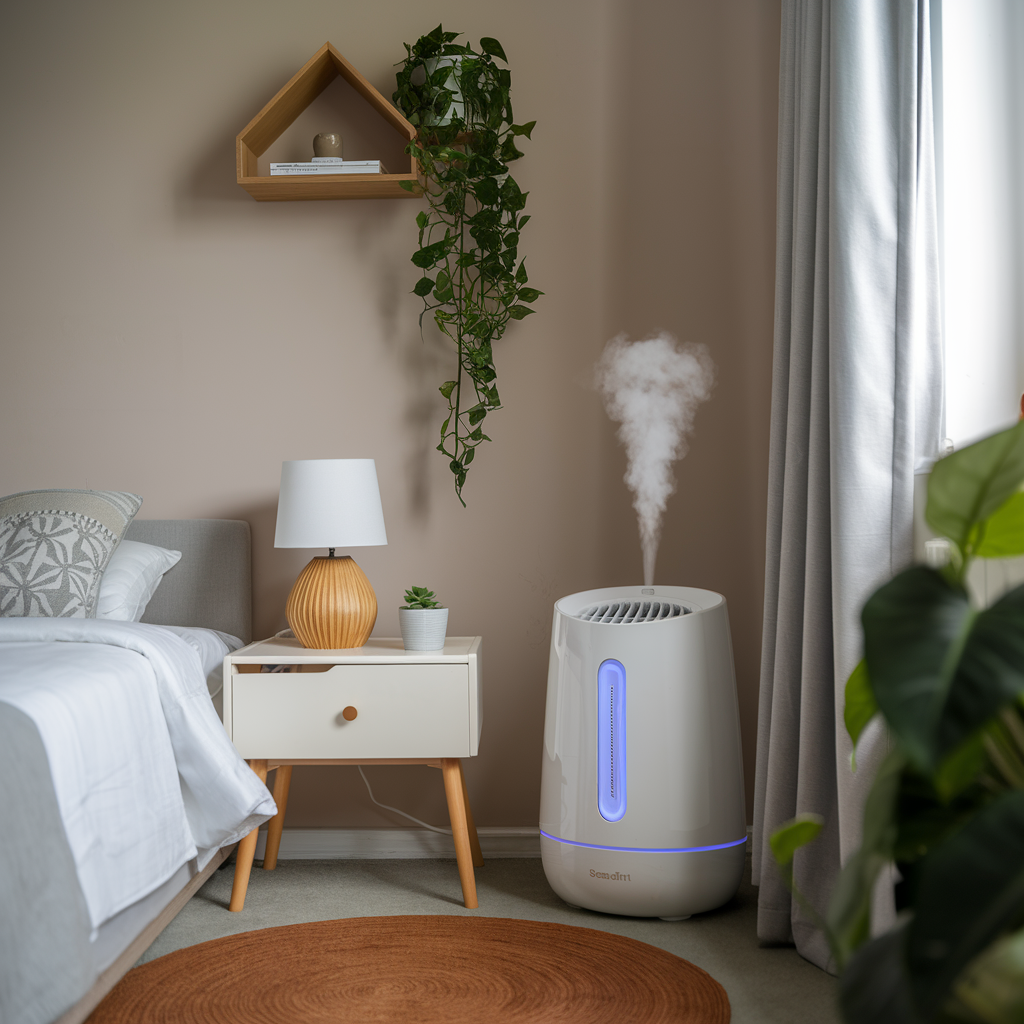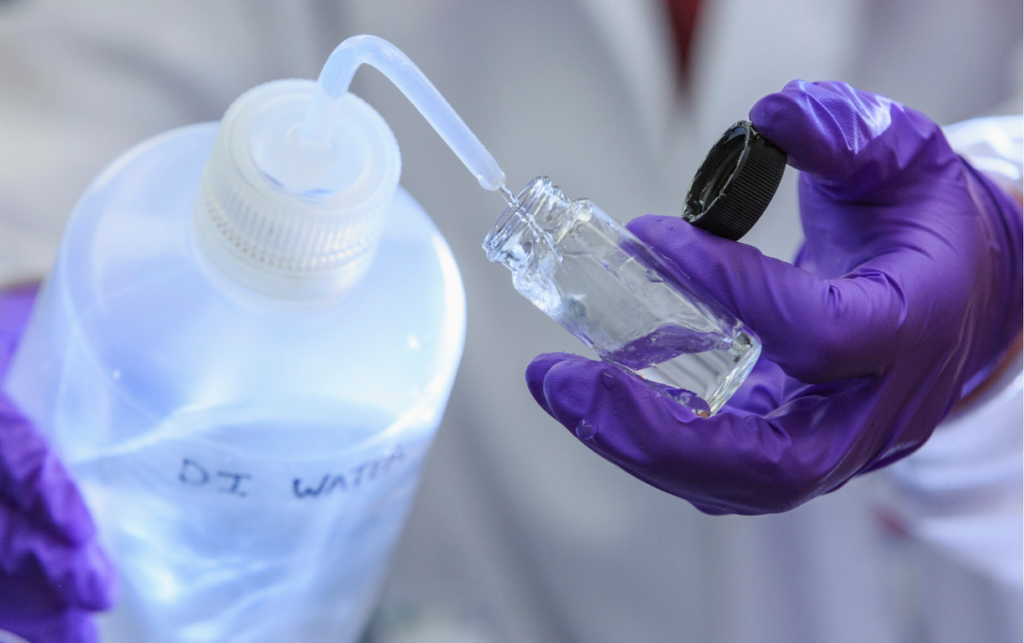Physical Address
304 North Cardinal St.
Dorchester Center, MA 02124
Physical Address
304 North Cardinal St.
Dorchester Center, MA 02124

When it comes to keeping the air in my home comfortable and healthy, I often rely on my trusty humidifier. But a question that frequently pops up is whether I can use tap water in it. It might seem like an easy choice, but the answer isn’t as straightforward as I thought.
Using tap water can have its perks, but it also comes with potential drawbacks. Hard water minerals and impurities can create p
When it comes to keeping the air in my home comfortable and healthy, I often rely on my trusty humidifier. But a question that frequently pops up is whether I can use tap water in it. It might seem like an easy choice, but the answer isn’t as straightforward as I thought.
Using tap water can have its perks, but it also comes with potential drawbacks. Hard water minerals and impurities can create problems for both the humidifier and the air quality in my space. In this article, I’ll dive into the pros and cons of using tap water in a humidifier and explore the best practices to ensure I’m getting the most out of my device.

Humidifiers play a vital role in maintaining indoor air quality. They add moisture to the air, benefiting overall health and comfort.
Uses a fan to blow air through a wet wick, releasing moisture into the air. They self-regulate, as evaporation slows when humidity increases.
Employs ultrasonic vibrations to create a fine mist of water. These models operate quietly and use less energy.
Heats water to create steam, which cools before exiting the machine as vapor. This type can help with respiratory issues but consumes more energy.
Utilizes a rotating drum to collect water and distribute moisture into the air. They’re effective but less common than other types.
Humidifiers introduce moisture into the air, which aids in alleviating dry skin, asthma, and other respiratory concerns. In evaporative models, water evaporates from a wick or filter and releases vapor via a fan. Ultrasonic devices create a fine mist using high-frequency vibrations, while steam vaporizers heat water to produce steam. Each type operates effectively, but I must consider the specific mechanics and potential health impacts based on water quality.
Water quality plays a crucial role in the efficiency and effectiveness of humidifiers. It impacts not only the device’s performance but also the overall indoor air quality.
Water quality directly influences humidifier function. Using clean, filtered water helps prevent mineral buildup, which can clog unit components and impair performance. Contaminants in the water may create harmful particles that circulate in the air, potentially leading to respiratory issues. High-quality water contributes to a healthier environment, reducing allergens and irritants in the air.
Tap water, particularly hard water, can cause several concerns when used in humidifiers.
Selecting the right water improves not only the humidifier’s longevity but also ensures a healthier indoor atmosphere.
Using tap water in a humidifier raises questions about water quality and its impact on performance. Understanding the benefits and drawbacks informs the best choice for optimal humidification.
Choosing the right water option for a humidifier significantly impacts its performance and air quality. Here are two preferred alternatives to tap water.
Distilled water remains the top recommendation for humidifiers. This water undergoes a purification process that removes minerals and contaminants. Using distilled water helps prevent mineral buildup within the humidifier, ensuring it operates efficiently. Furthermore, it minimizes any potential white dust that can occur with other water types, providing cleaner air and reducing allergens.

Filtered water offers another viable option for humidifier use. By using a high-quality filter, harmful impurities and excess minerals get removed from the tap water. This choice reduces the risk of clogging the humidifier’s components while also lowering the likelihood of bacteria and mold growth. Filtered water helps maintain optimal humidity levels without introducing unwanted elements into the air, making it a practical alternative for many users.
Choosing the right water for your humidifier is crucial for both its performance and your health. While tap water might seem convenient and cost-effective it can introduce issues like mineral buildup and harmful particles into the air. I’ve found that using distilled or filtered water offers a safer alternative that enhances the humidifier’s efficiency and maintains better indoor air quality.
By being mindful of the water I use I can ensure my humidifier works effectively while creating a healthier living environment. Ultimately understanding the implications of water quality helps me make informed decisions that benefit my home and well-being.